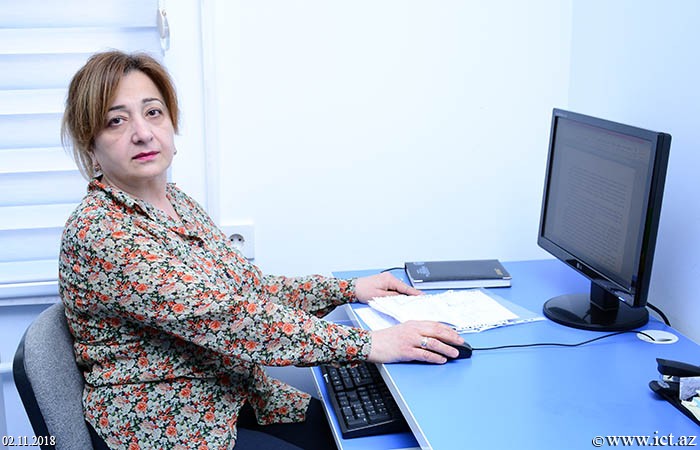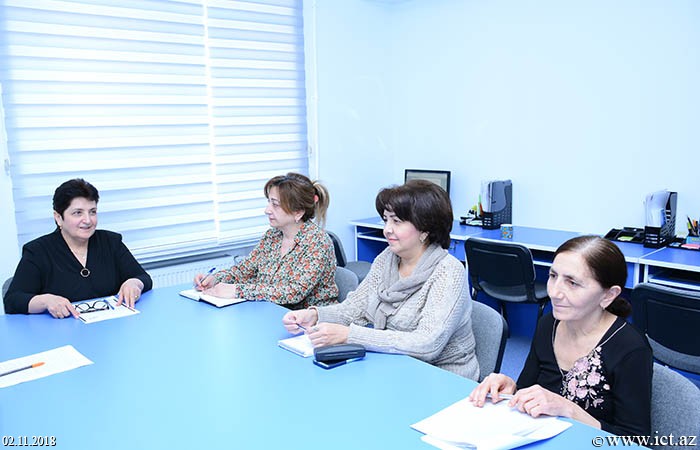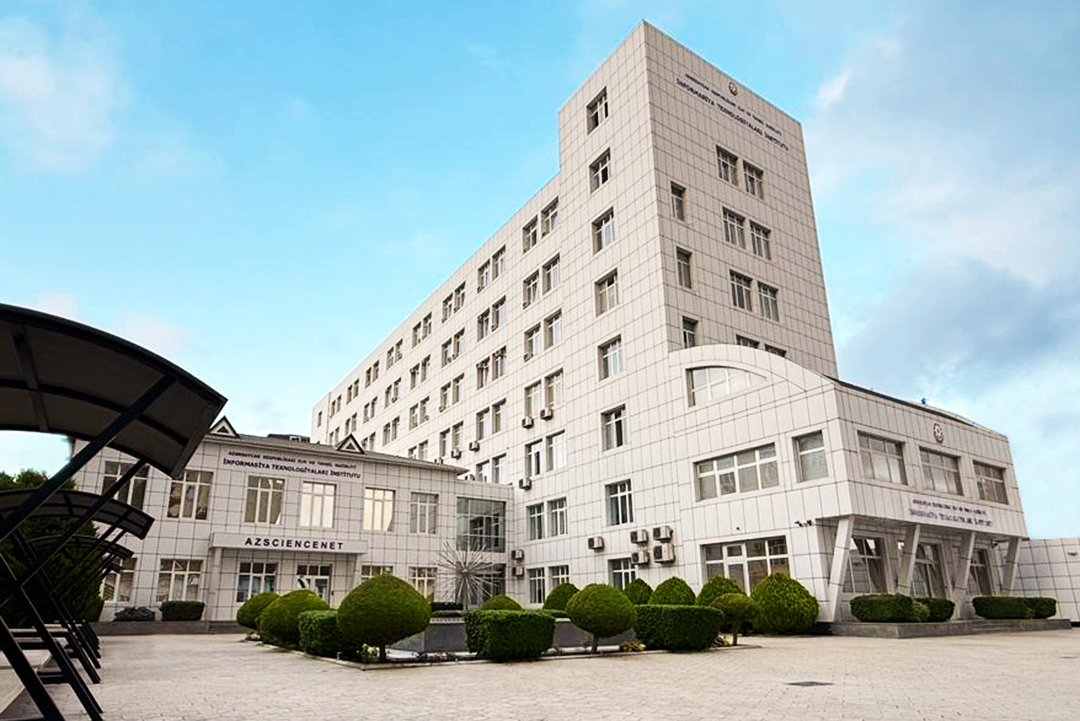NEWS
The next scientific seminar of Department № 1 of the Institute of Information Technology of ANAS held
Senior Research Fellow, Rena Gasimova, Doctor of Philosophy in Technology, presented a report on "Analyzing search algorithms in large-scale digital data". She gave detailed information on digital heritage problems, some problems of search algorithms in large scaled digital data, machine learning algorithms and their comparative analysis.
"Digital heritage is defined as a form of digital content, or resources that are created in digital form, from sources of culture, education, science and administration, as well as technical, legal, medical and other types of information that are transformed into digital form," said Rapporteur and she talked about their problems. It has some problems such as fast and efficient search, loss of risk, technological infrastructure, storage, technical, accessibility, security, legal and so on.
Noting that DH is a large-scale collection of data, the reporter emphasized that the majority of DH sources were unstructured or partially structured.
The reporter has reported that there is a variety of types of information, such as full, metadata, descriptive, targeted, semantic, documentary and factual search, depending on the type, form, content and format of the search object.
"Today using the capabilities of fuzzy clusters, artificial intelligence and neural network theories is of great relevance to develop and implement efficient search algorithms, taking into account the rapid increase in the number of digital information resources, the sharp increase in the number of applications and intensity of the search engines,"said R. Gasimova. According to her, the full coverage of the Internet's information resources, the accuracy of the information received from the Internet, the automatic indexing of information resources and the implementation of intelligent methods for the creation of thematic catalogs, ensuring high and effective search by the SE on its request for timely and full response to the user and so on is one of the main requirements of Search Engine.
The reporter also pointed out the existing problems of search algorithms. She noted that these algorithms do not quickly adapt to the structure of different types of data, do not understand the meaning of the query, can not produce the results of the intentional search, cannot match different types, different search styles, can not quickly and efficiently classify results.
Machine learning (ML) is a part of artificial intelligence (AI) and its algorithms were programmed into the training, she noted. She spoke about MT algorithms and said that they had the opportunity to apply different problems in the data collection.
R.Gasimova gave detailed information on the linear regression, logistic regression, decision tree, random forest, aprior, gradient increase, Naive Bayes and K near neighbors, algebraic algebra systems, and the pros and cons of these algorithms.
She also talked about the features of neural networks and said that these networks are potentially able to pass any other machine learning algorithm.
There was an exchange of views on the presentation, questions were answered.
© All rights reserved. Citing to www.ict.az is necessary upon using news








